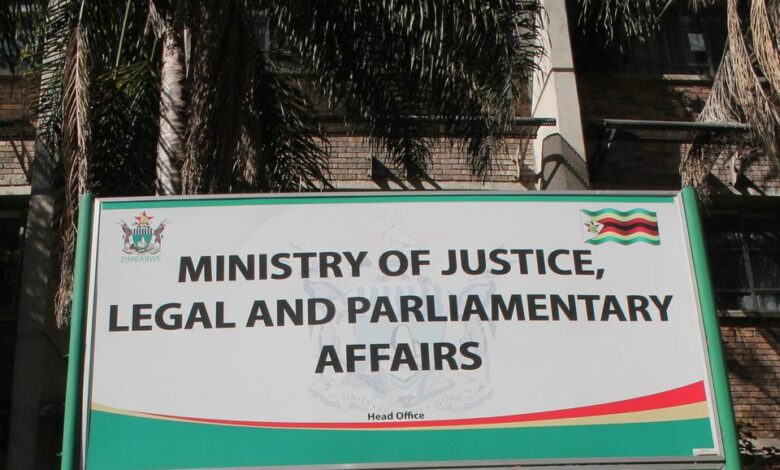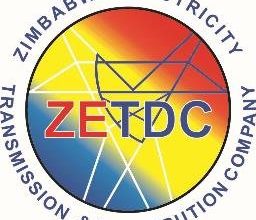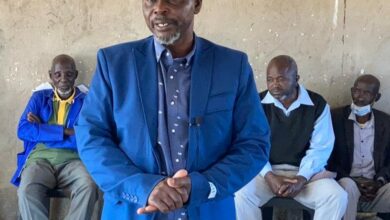AG’s office short staffed to work on Devolution Bill

Not much progress has been made on the ‘eagerly anticipated’ Devolution Bill, which is still “sitting” at the Attorney General’s Office because there is not enough staff to finish it, a government official has said.
Devolution entails the transfer of power from the central government to the local government level; however, lack of an operationalisation act has made it difficult for local councils to function effectively meaning decentralisation remains a pipe dream for Zimbabweans who voted for it in the 2013 constitutional referendum.
Deputy Minister of Local Government and Public Works, Marian Chombo, said there was a shortage of draft personnel to work on the bill when asked recently in the Senate why there is a delay in implementing devolution.
“I understand and agree that the Bill is late but we have done everything that we are supposed to do within our Ministry. Right now, the Bill is sitting at the AG’s office. We have queried with the Ministry of Justice and they have hinted that they are short-staffed as far as that area is concerned but they are doing the best they can to make sure that they address that resource shortage so that they push through outstanding Bills,” Chombo said.
This came after Senator Chief Ndlovu inquired as to why the Devolution Bill had not been introduced in Parliament and observed that “no-one seemed to know what was happening” following some follow-ups with councillors on how devolution funds were spent.
Senator Morgan Komichi also stated that, due to the lack of a Devolution Act, councillors did not perform their duties as expected in 2013 until another election period arrived and elapsed in 2018.
“The Act was supposed to come to this august House and the Honourable Minister took it back. The provincial councils have not been enacted and are not working. The expectations have not been met. Elections are about to take place. Why is this happening? We are aware that there are drafters as we are seeing Bills coming in here every day. Is there a difference between the Devolution Bill and other Bills?” Komichi asked.
Minister of Justice, Legal and Parliamentary Affairs, Ziyambi Ziyambi acknowledged that after the 2013 elections, there was no law regarding devolution but after the 2018 elections, the government decided to work on enacting the law.
“Indeed, the Bill was brought to this House but the Constitution had a lacuna – for example looking at provincial councils in rural areas, the law was clear that there should be provincial councils but in Metropolitan cities, it was not clear because when there was the issue of committees for provincial councils, there was a gap and we decided that we needed to work on the Constitution,” he said.
“Unfortunately, during that period, we experienced Covid-19. However, at the moment, we are now aligning the laws to the Constitution.”
The justice minister promised that the Devolution Bill would be brought before Parliament before elections.
“My promise is that those who write laws are few indeed but before the elections, we commit ourselves to bringing this Bill to this august House so that we do not run three elections without enacting that law. People would then say yes, you have won the election but you still have outstanding Bills,” Ziyambi said.
“Of course, at one point because of Covid-19, the amendments to the Constitution were delayed but I believe that this should be done before the elections.”






